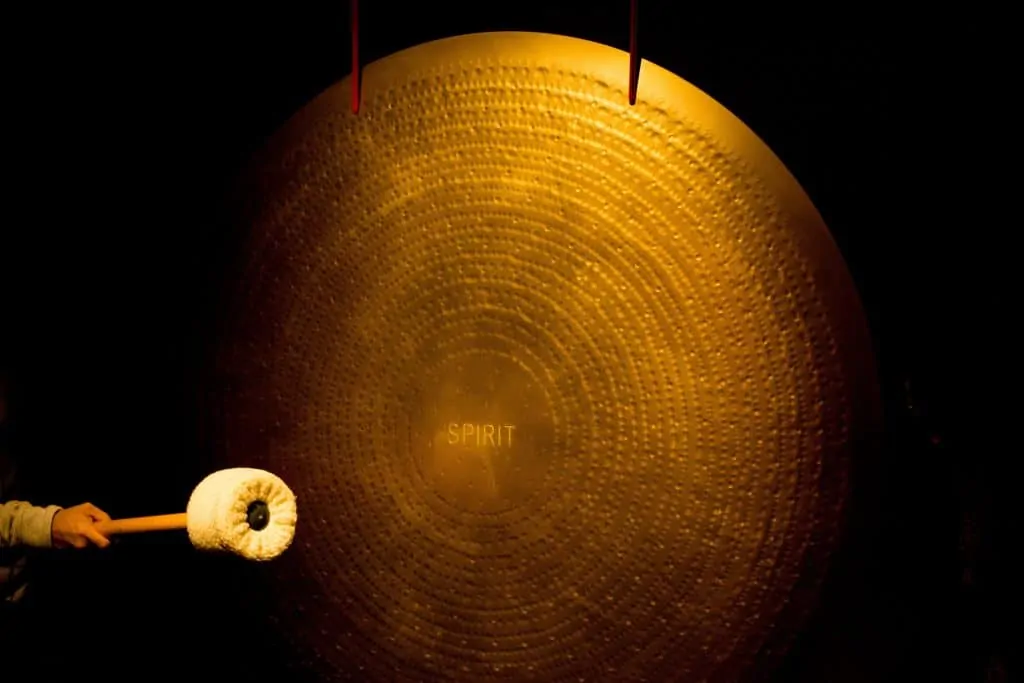In this Korean lesson, we will take you through the ropes of how to say “park” in Korean. There are a surprisingly large number of small – and big – parks hidden away in the different neighborhoods of Korean cities, and in just a few minutes, you’ll know just how to refer to them.
It’s important to have a strong foundation of Korean vocabulary since many words relate to one another. And what about other types of places with “park” in their name, such as amusement parks? You’ll also learn whether the same word applies to them or not!
The Korean words in this lesson will be written in both Hangeul (the Korean Alphabet) and romanized Korean. It’s easier to pronounce the words correctly if you know how to read Hangeul. We recommend learning the as soon as you can.
“Park” in Korean
The word for how to say park in Korean is 공원 (gongwon). No matter which type of park you are talking about – a regular one, an amusement park, a zoo, and so on – this is what you add after the word that denotes the type of park. Here are some sample sentences to help you how to use this word along with other parts of Korean grammar.
한국에서 국립공원을 몇개 있으세요? (hangugeseo gungnipgongwoneul myeotgae isseuseyo?)
How many national parks are there in Korea?
우리집은 어린이공원 서쪽에 있어요. (urijibeun eorinigongwon seojjoge isseoyo.)
Our home is on the West side of Children’s Grand Park.
매아침 공원에서 산책을 해요. (maeachim gongwoneseo sanchaegeul haeyo.)
I go for a walk in the park every morning.
아프리카에 갔었을때 야생 동물 보호 지역도 가봤어요? (apeurikae gasseosseulttae yasaeng dongmul boho jiyeokdo gabwasseoyo?)
When you were in Africa, did you also visit a wildlife park?
미래에서는 생태 공원을 조성하고 싶어요. (miraeeseoneun saengtae gongwoneul joseonghago sipeoyo.)
In the future, I want to make an ecological park.
놀이공원이나 동물공원에 갈래? (norigongwonina dongmulgongwone gallae?)
Would you like to go to an amusement park or the zoo?
우리 고향집 바로 옆에 쉴 만한 공원 있어. (uri gohyangjip baro yeope swil manhan gongwon isseo.)
There is a park that’s a great place to relax right next to my hometown home.
However, when you are referring to famous parks from other countries besides South Korea, such as Central Park, instead of the word 공원 (gongwon) you should use the word 파크 (pakeu). This is the Konglish form of the word park, and it is not used in Korean outside of the names of these worldwide famous parks.
센트럴 파크에 가본적 있어? (senteureol pakeue gabonjeok isseo?)
Have you ever been to Central Park?
How to remember “park” in Korean
To remember the Korean word 공원 (gongwon), we can create an association in English. Associations can be any similar sounding words or images that help you remember the meaning, in this case, “park.”
We’ll create an association in English that sounds similar to the Hangeul. It kind of sounds like gong once (the verb form of “gong” as in “to strike a gong”).
“Gong once if you want to go to the Park.”
If you don’t like this association, you can also make your own. What associations did you think of to remember 공원? Let us know in the comments below!
A word of caution about Romanization
While it is possible for you to study the words in this article simply by reading their romanized versions, it will come in handy for you to be able to read Hangeul if you ever wish to come to Korea. Hangeul is the Korean alphabet, and not difficult to learn. In fact, you can learn it in just 90 minutes.
After you’ve familiarized yourself with Hangeul, life in Korea will suddenly seem so much easier, and the country won’t appear so foreign to you. So, if you’re serious about learning Korean, why not learn Hangeul today?
Are you ready for a walk in the 공원 (gongwon) now? What words would you like to learn next? Let us know in the comments below!
Photo Credit: BigStockPhoto







